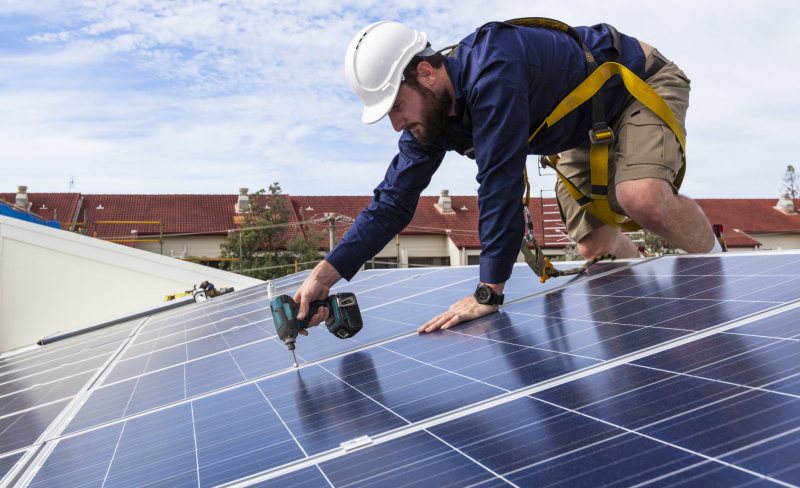
Image: Ovida
A new trial program in Victoria will enable occupants of several multi-tenanted buildings to access clean and cheaper electricity from solar powered microgrids.
Called the Ovida Community Energy Hub project, the initiative involves the installation of solar panels, batteries, cloud-based software and associated systems that allow a single solar power system to connect with multiple customers.
Multi-use properties across northern Melbourne housing 10 to 50 renters and/or tenants are invited to participate in the trial, which will operate at three sites.
The solar-generated electricity provided by the systems will be supplied to participants at a cheaper rate than that from the mains grid.
“This trial also tackles energy affordability head-on. By providing the panels, battery and infrastructure free of charge to customers so there are no up-front costs,” said Ovida spokesperson, Paul Adams. “This removes inequality in the market place and by trialling the microgrid technology, we can explore how companies can viably supply such solutions – again, with no financial commitment required from homeowners.”
Mr. Adams said the trial also addresses the “all-or-nothing” challenge of adding solar to multi-tenanted buildings, whereby all residents had to invest in and utilise a system in order for the arrangement to work.
Allume Energy, Moreland Energy Foundation Limited and RMIT University have been named consortium partners in the venture.
The project is being supported by Victoria’s government, which announced yesterday the Ovida Community Energy Hub project will receive a $980,000 grant.
The funding is being provided under the State Government’s $10 million Microgrid Demonstration Initiative grant program, which is supporting eight microgrid projects across the state totaling more than $37 million in value.
“Microgrid projects are part of our plan to drive down energy prices, reduce emissions and create a pipeline of investment in renewable energy,” said Victoria’s Minister for Energy, Environment and Climate Change Lily D’Ambrosio. “This initiative will allow more households and businesses in multi-tenanted buildings to take control of their energy bills.”
In related news, last week the Andrews Labor Government announced a $3 million grant program in the Latrobe Valley to support the development of microgrids benefiting business/industry electricity customers.
As well as having advantages in urban areas, solar powered microgrids backed by battery storage are considered a cost-effective solution for remote regions of Australia, where long stretches of powerlines servicing small communities and single properties are expensive to maintain and are subject to quality of service issues.

 RSS - Posts
RSS - Posts



Why is the trial limited to participants in northern Melbourne only?